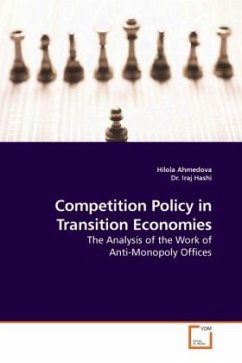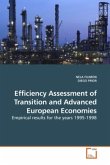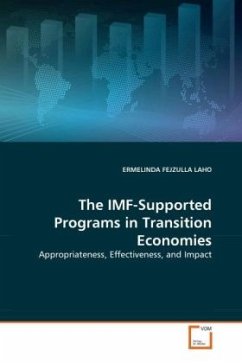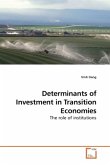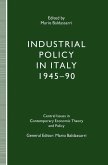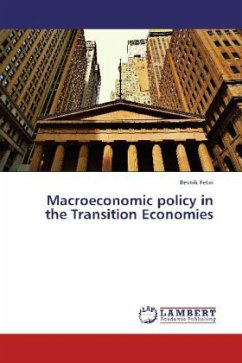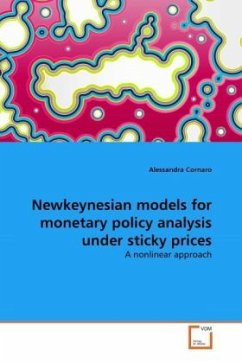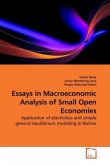This research assesses the work of anti-monopoly offices in transition economies and determines which factors contribute to the improvement of their performance. Our investigation is based on the empirical studies that examine factors influencing their effectiveness. The years of experience with competition policy are found to be important in contributing to the economic growth since aptly implementing competition legislation affects the intensity of competition. A quality of the work of anti-monopoly offices is proven to be essential in boosting the level of local competition, which in turn, enhances the economic growth. An increase in the level of growth leads to the rise in the effectiveness of professional administration of anti- monopoly offices and lets them further promote competition. Such chain effect of variables, however, cannot simply be analyzed in an ordinary regression. There are other factors that explain each independent variable. In order to deal with a complication of all possible correlations, we use three-stage least square methodology to isolate the net effect of explanatory variables.

